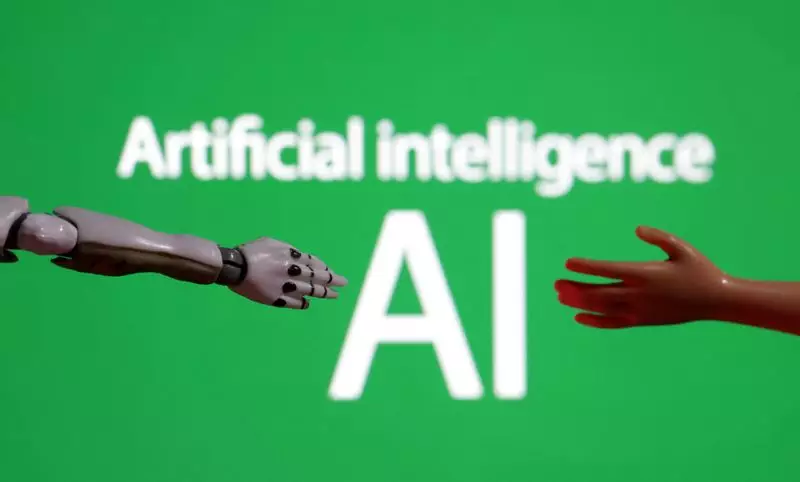Artificial Intelligence (AI) has emerged as a cornerstone technology that is poised to radically reshape the global economy over the next several years. The U.S. is not only a participant but a leading force behind this transformation. According to analysts at TD Cowen, AI is on track to significantly enhance productivity, with projections suggesting an astonishing $2 trillion boost. This advancement primarily stems from AI’s capacity to decrease labor costs by more than 15% and potentially automate up to 20% of job tasks, impacting the majority of U.S. workers.
Investments are accelerating in AI, with an anticipated capital expenditure exceeding $1 trillion. This influx of funds is directed towards developing innovative applications and business models that capitalize on AI’s capabilities. As companies and investors begin to explore how AI can be effectively integrated into daily operations, we can expect the emergence of new, commercially viable products that leverage these technologies.
One area witnessing significant growth due to AI is autonomous vehicle technology, where companies like Tesla and Waymo lead the way. TD Cowen notes that advanced AI systems are moving toward intricate applications, which will seamlessly integrate into human lives, exemplified by the development of autonomous vehicles. Waymo has remarkably reduced injury-related accidents by 73% in crash scenarios compared to human drivers, showcasing the real-world benefits of this technology.
Tesla is also making impressive strides, with its ambitious full self-driving (FSD) capabilities anticipated to be operational by 2025 in strategic markets such as California and Texas. Their aim is to generate two million robocabs by 2026, indicating a commitment to outpace human driving capabilities, thereby further validating AI’s transformative potential in a sector that is traditionally seen as reliant on human judgement.
The influence of AI is far-reaching, stretching well beyond tech-centric industries into virtually every sector of the economy. The healthcare industry, for example, stands on the brink of a revolution with the introduction of AI tools in drug discovery and development. TD Cowen anticipates that AI could slash research and development costs by up to 70%, thereby accelerating the pace at which new treatments make it to market.
With AI’s ability to analyze vast datasets in real-time, it can optimize diagnostic processes and streamline clinical trials, leading to more efficient healthcare solutions. The expectation is not only for AI to foster innovation but also to drive significant investment in various healthcare applications, highlighting the intertwining of technology and essential human services.
Moreover, TD Cowen emphasizes that the speed at which AI is being adopted outpaces even the rapid growth of cloud technology seen in previous years. The evolution of generative AI, in particular, appears to be following an exponential growth curve, a trend that diverges significantly from prior technological advancements that tended to progress linearly. Generative AI’s quickening pace can create robust feedback loops that propel further innovation, radically redefining the landscape of what is possible in digital technologies.
As organizations seek to capitalize on these advancements, there lies a pressing need for a strategy that balances both the opportunities and challenges presented by AI. For businesses, this means staying abreast of the latest breakthroughs and carefully considering how to integrate AI into existing practices while remaining agile in response to new development.
The trajectory of AI technology indicates a future ripe with opportunities for economic change and societal benefit. As companies invest heavily and societal needs expand, the onus will be on industries and policymakers alike to navigate the ethical implications and workforce challenges brought about by these rapid changes. While the promise of AI is vast, realizing its full potential will require diligent planning and a commitment to responsible innovation. In this age of transformation, collaboration between technology deployers and regulatory frameworks will be crucial to harness AI’s capabilities for the greater good.

